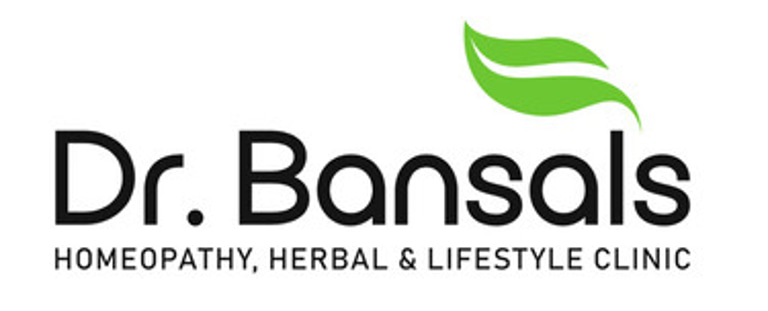Allergy Diseases Specialist Treatment in Indore
Dr. Bansal's Homeopathy, Herbal & Lifestyle Clinic
Expert, natural care for health with over 45 years of trusted experience.
Allergy disease is a set of conditions that are due to an improper reaction of the immune system to substances that are not regarded as harmful, called allergens. These reactions may be skin, respiratory tract, digestive tract, or whole body reactions that may have mild symptoms or serious life-threatening emergencies such as anaphylactic reactions.
Typical forms of Allergy Disease.
Among the most frequent ones, there are:
Allergic rhinitis (hay fever): allergy to pollen, dust mites, or animal dander.
Possible skin allergies: eczema (atopic dermatitis), hives (urticaria), and contact dermatitis.
Food allergies: activated by peanuts, tree nuts, milk, eggs, shellfish, fish, soy, and wheat.
Allergies: Insect sting allergies: bee, wasp, and ant sting.
Drug allergies: abnormal reactions to drugs.
Allergic asthma: inflammation and constriction in the airway brought about by allergens.
Symptoms
Depending on the nature and degree of the allergy, the symptoms can vary and impact on various parts of the body:
Coughing, wet or stuffy nose, watery or itchy eyes (rhinitis).
Skin: Itchy, rashes, urticaria (hives), eczema.
Difficulty breathing, coughing, wheezing, chest pains (asthma).
Vomiting, diarrhea (food allergy), stomach cramps.
Angioedema of the face, lips, tongue, or throat.
Feeling light-headed, passing out, or fainting in severe cases.
Risk Factors
Individuals who are at a greater risk of developing allergies are:
Patients whose family members have asthma or allergies.
Children and young adults.
Individuals who already have an allergy or atopic condition like eczema or asthma.
Passive smoking, dust mites, and pets.
Western lifestyle and diet.
Prevention
Although not all the allergies are avoidable, the important strategies involve:
Prevention by avoiding familiar allergens and maintaining a clean environment that will limit exposure (e.g., dust, pollen, pets).
Covering bedding with protective covers and washing them frequently to minimize dust mites.
Food consciousness and proper food labeling of food allergies.
Carrying a medical alert ID in case of life-threatening allergies.
Consulting a medical professional and, where necessary, undergoing allergen immunotherapy for certain allergies.
Preventive measures and early detection of a possible risk may significantly decrease both the intensity and rate of allergic reactions.
Wellness
Dr. Shreyas Bansal has over 46 years of experience in holistic health and wellness. He provides expert consultation and personalised treatment for a wide range of health concerns at Dr. Bansal’s Homeopathy Clinic, located at 2 Manish Bagh, Sapna Sangeeta Road, Indore. The clinic is committed to compassionate care and effective, patient-focused solutions. best homeopathy doctor in Indore
Healing by THE Best Homeopathy doctor in Indore at
Contact
9406856868
© 2025. All rights reserved.
